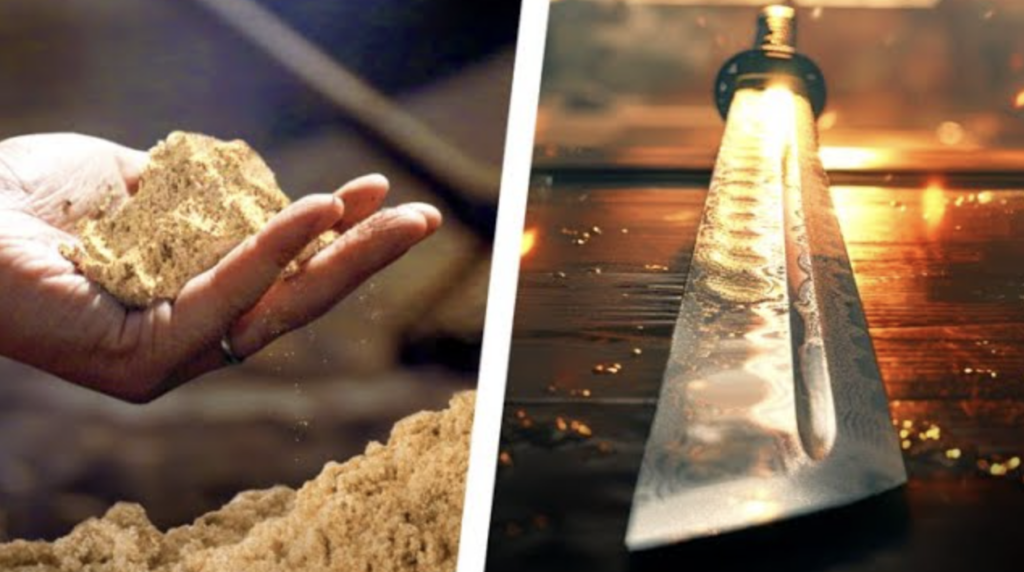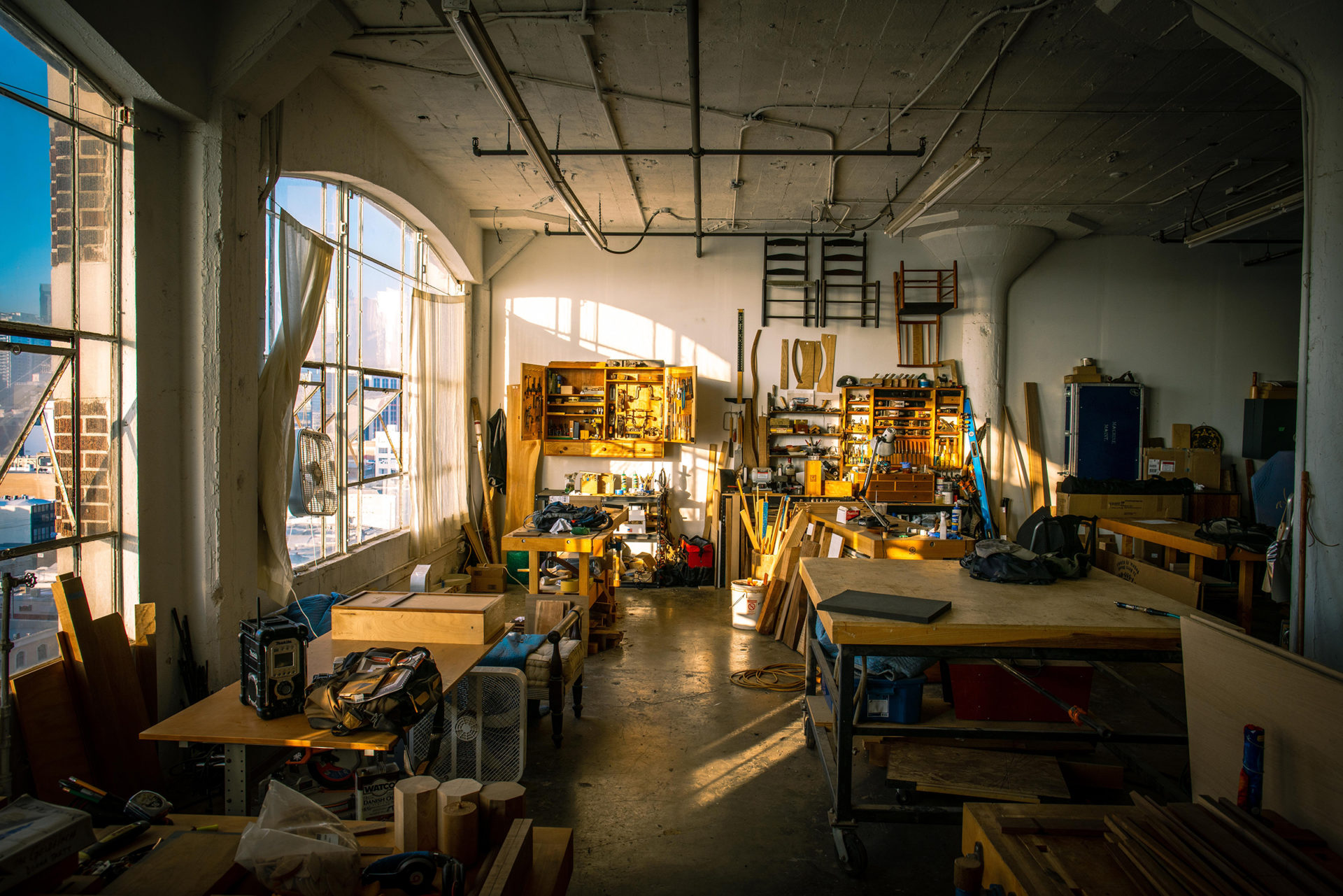
Chad Kassem is on a mission — saving listeners “from bad sound” — at the rural factory where he pores over LPs from some of music’s most important artists.

Chad Kassem is on a mission — saving listeners “from bad sound” — at the rural factory where he pores over LPs from some of music’s most important artists.

It was the summer of 1952, and the executives of Tombow Pencil were about to revolutionize the Japanese pencil industry—or, possibly, fall flat on their faces. Hachiro Ogawa, the son of founder Harunosuke Ogawa, was Tombow's managing director, and he had just finished a years-long project, at enormous cost,

When I was a kid, I was fascinated by a traditional katana my grandfather had brought home from Japan in 1945. Years later, I decided it was time to find the heirloom’s rightful owner.

We made sand think: this phrase is used from time to time to evoke the particular technological wonders of our age, especially since artificial intelligence seems to be back on the slate of possibilities.

The author wanted a Japanese-style kitchen blade made for him by hand. What he witnessed was a combination of artistry and atomic magic.

Founded in 2022, the knife-making process at Isamitsu Knives differs from industrial manufacturers in small but significant ways.

archived 22 Jul 2023 03:08:13 UTC
/https://tf-cmsv2-smithsonianmag-media.s3.amazonaws.com/filer_public/de/b8/deb8b6a9-282a-492c-a1b6-e2924e5855d3/nmv09426.jpg)
The family-owned facility in Tennessee produces more than 70 million pencils annually

When fire engulfed the Paris landmark in 2019, the intricate maze of medieval beams supporting the roof fell to the cathedral floor. Experts are working to restore the church by the end of 2024.

He’s trusted to repair some of the world’s most fabled — and expensive — instruments. How does John Becker manage to unlock the sound of a Stradivarius?

The Antico Setificio Fiorentino, which relies on looms from the 18th and 19th centuries, has been producing precious textiles since 1786.

Shedding light on the elusive studio practice that’s all but necessary to make music sound great.

Our rejection of craftsmanship wrongly ignores the cognitive, social, and remunerative rewards of skilled manual work, and wrongly assumes that white-collar work always engages the mind. Matthew B. Crawford recounts life as a motorcycle mechanic and makes a case for the manual trades.

Famed since Roman times, the Spanish city’s artisans are all but extinct. But a reprieve is at hand from the TV and film industry

Paper, books, wooden joints, tea whisks — Japanese culture has, for seemingly all of its long recorded history, greatly esteemed the making of objects.